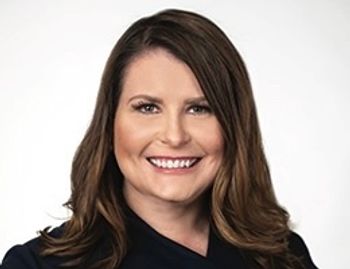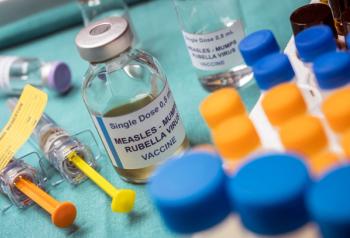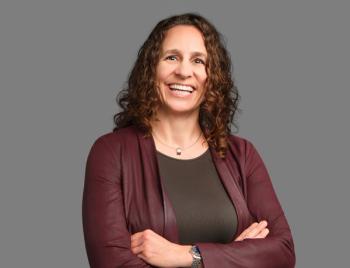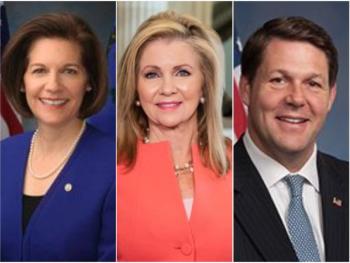
Nurses worry about CDC shakeup, and the agency’s ability to handle a crisis
The American Nurses Association’s president says there are ‘serious questions’ after the removal of the CDC director and resignation of top officials.
The nation’s largest advocacy group for nurses says it’s alarmed by the ouster of Susan Monarez as CDC director and worried the agency is ill-equipped to handle public health threats.
"The removal of the CDC Director and resignation of key leaders raises serious questions about our country's ability to respond to a public health crisis if it were to happen today," Mensik Kennedy said in a statement Tuesday.
“There has been a lot of change but not a lot of change management,” she said. “The amount of change without transparency and clear communication is whipsawing to healthcare professionals and the public at large. Americans deserve steady and consistent leadership at the helm of the CDC to safeguard their health, safety, the economy and national security."
The White House says Monarez was fired just weeks after winning Senate confirmation because she wasn’t aligned with the administration’s policies. Monarez’s attorneys say she was committed to protecting public health and refused to sign off on “unscientific” directives or fire qualified CDC staff, and that led to her termination.
Nine former CDC directors, who served in Republican and Democratic administrations, wrote that they are worried about the agency in
“The loss of Dr. Monarez and other top leaders will make it far more difficult for the C.D.C. to do what it has done for about 80 years: work around the clock to protect Americans from threats to their lives and health,” the former directors wrote. They also called on Congress to exercise its oversight of the health department.
Mensik Kennedy said the nurses’ association is troubled by the shakeup at the CDC and the potential impact on facing public health threats. The group also wants more answers about the changes taking place at the CDC.
“We stand ready to serve but cannot remain silent as transparency and a lack of consistent leadership in these critical agencies have the potential to undermine decades of progress in public health,” Mensik Kennedy says. “Ensuring stability and integrity within our public health infrastructure is not optional, it is imperative for the health, well-being and security of our nation.”
Kennedy has faced mounting criticism over a number of his actions as health secretary, including
Mensik Kennedy pointed to the vaccine panel, the Advisory Committee on Immunization Practices, and said it should be “reconstituted to ensure robust and balanced debate.” Critics have said Kennedy replaced qualified members of the committee with some who embrace his long-running skepticism of vaccines.
Mensik Kennedy argued that public health crises, such as the COVID-19 pandemic, threaten America’s economy and national security.“A strong CDC is essential to safeguarding public health,” she said.
The American Medical Association, which represents the nation’s doctors, said last week that it was disturbed by the CDC turmoil. Bobby M. Mukkamala, MD, president of the AMA, said the ouster of Monarez and the resignations of top leaders is “highly alarming.”
“We must restore confidence in our public health institutions to ensure that scientific expertise and data drive guidance and policy,” Mukkamala said
Sen. Lisa Murkowski, a Republican from Alaska, wrote in
“The removal of the director after such a short tenure appears to be evidence that politics are taking precedence over policy,” Murkowski said.
Jim O’Neill, deputy secretary of the U.S. Department of Health & Human Services, has been named the interim CDC director.
She was tapped after






















































































